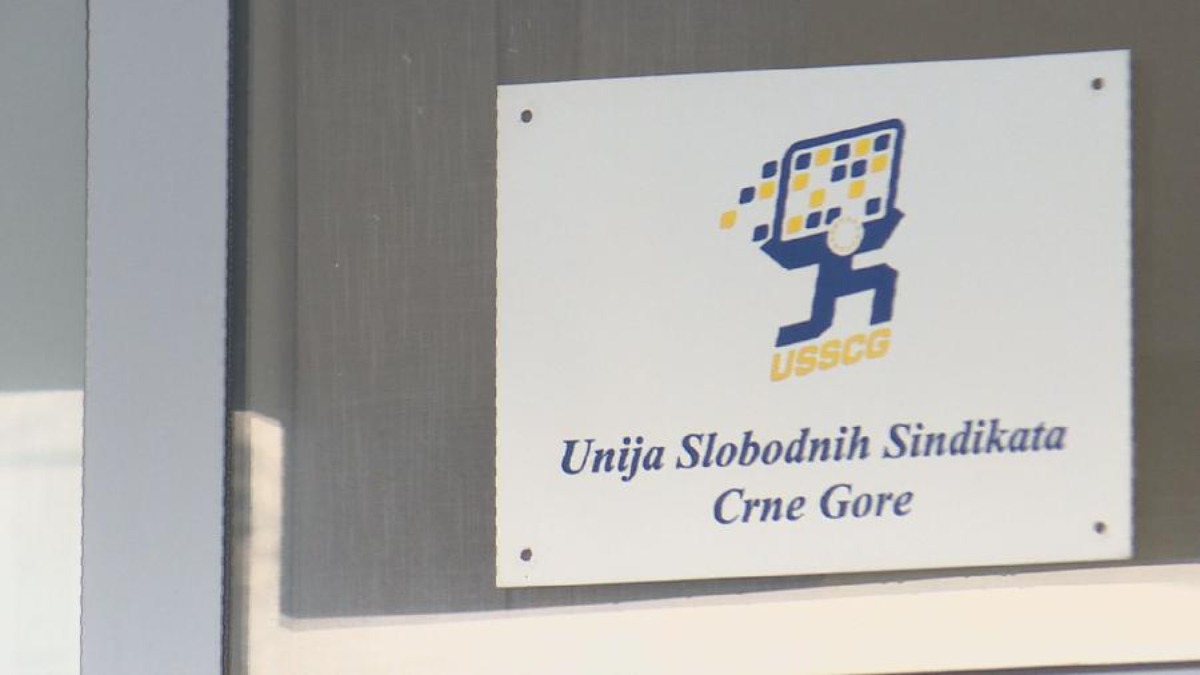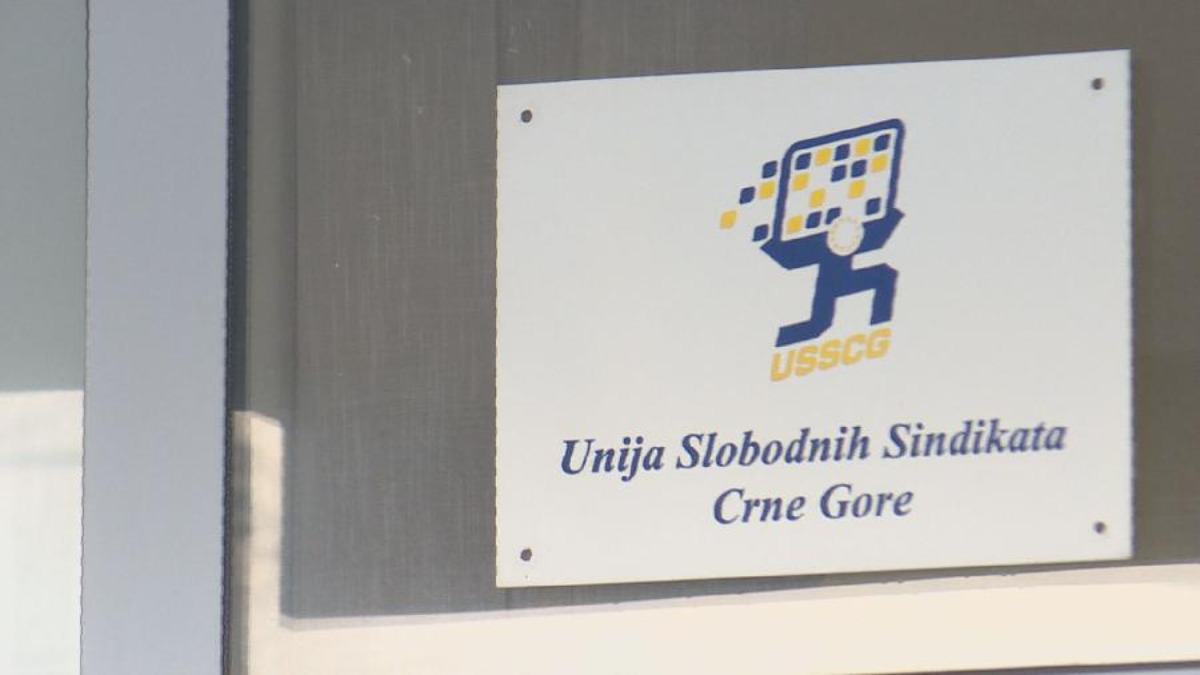Social Dialogue in Montenegro on the Brink of Collapse!
The Free Trade Union of Montenegro (USSCG) is seriously threatening to leave the Social Council because social partners are not recognized as key players in societal processes. Is this the end of social dialogue in Montenegro or just another political circus?
What’s going on? USSCG sent a sharp letter to Prime Minister Milojko Spajić and the ministers of finance, labor, employment, and social dialogue, warning that social partners are being ignored and their demands and initiatives are not taken seriously. While the importance of social dialogue is praised at international forums, in practice it does not exist.
Why is this a problem? Social dialogue is a key mechanism for reaching agreements between workers, employers, and the state. USSCG claims their role as social partners is recognized by the Constitution, but the government shows no willingness to include them in decision-making. Even when agreements are reached in the Social Council, they are often changed in Parliament without consulting the unions.
Examples of Ignoring USSCG requested a discussion on housing policy reform as early as April 30 last year but received no response. The government then announced the Velje Brdo project without involving the unions, even though they have advocated for housing reform for decades.
Also, amendments to the Labor Fund Law agreed upon in a tripartite working group were changed by parliamentary majority deputies to the detriment of social partners. Furthermore, amendments to the Labor Law that achieved 100% consensus in the Social Council were deleted from the parliamentary bill.
What’s next? USSCG has made it clear that if the situation does not improve and full participation of social partners is not enabled, they will be forced to leave the Social Council. This would show European and international partners that social dialogue is just a farce.
Why does this matter to all of us? Social dialogue is not just a story for unions and the government. It is a mechanism that affects workers’ rights, working conditions, social justice, and societal stability. When social partners are ignored, it leads to dissatisfaction, protests, and social tensions.
Conclusion Montenegro stands at a crossroads: either respect the Constitution and include unions in decision-making or let social dialogue die and society become increasingly polarized. Will Prime Minister Spajić and the ministers heed USSCG’s warnings or continue to ignore the voice of workers?
So, what do you think? Is social dialogue in Montenegro just dead letter on paper or is there still a chance for real cooperation? Drop a comment, let the people’s voice be heard!












